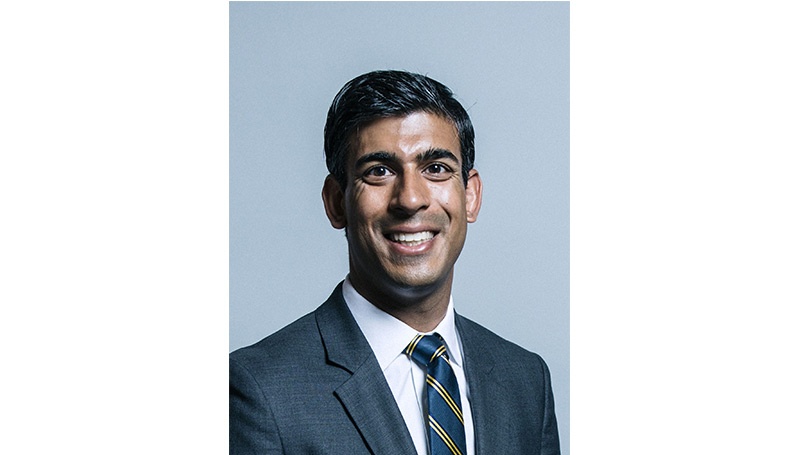Employers To Contribute To Furlough Scheme From August

Chancellor Rishi Sunak has unveiled plans for employers to start paying towards their furloughed staff and extend reduced support to self-employed workers.
The Chancellor also set out more details on how the Coronavirus Job Retention Scheme (CJRS) will continue to support jobs and business as people return to work, following the announcement of an extension of the scheme on 12 May.
So far, the CJRS has helped 1 million employers across the UK furlough 8.4 million jobs, protecting people’s livelihoods.
From 1 July 2020, businesses will be given the flexibility to bring furloughed employees back part time. This is a month earlier than previously announced to help support people back to work. Individual firms will decide the hours and shift patterns their employees will work on their return, so that they can decide on the best approach for them – and will be responsible for paying their wages while in work.
From August 2020, the level of government grant provided through the job retention scheme will be slowly tapered to reflect that people will be returning to work. That means that for June and July the government will continue to pay 80% of people’s salaries. In the following months, businesses will be asked to contribute a modest share, but crucially individuals will continue to receive that 80% of salary covering the time they are unable to work.
The scheme updates mean that the following will apply for the period people are furloughed:
June and July: The government will pay 80% of wages up to a cap of £2,500 as well as employer National Insurance (ER NICS) and pension contributions. Employers are not required to pay anything.
August: The government will pay 80% of wages up to a cap of £2,500. Employers will pay ER NICs and pension contributions – for the average claim, this represents 5% of the gross employment costs the employer would have incurred had the employee not been furloughed.
September: The government will pay 70% of wages up to a cap of £2,187.50. Employers will pay ER NICs and pension contributions and 10% of wages to make up 80% total up to a cap of £2,500. For the average claim, this represents 14% of the gross employment costs the employer would have incurred had the employee not been furloughed.
October: The government will pay 60% of wages up to a cap of £1,875. Employers will pay ER NICs and pension contributions and 20% of wages to make up 80% total up to a cap of £2,500. For the average claim, this represents 23% of the gross employment costs the employer would have incurred had the employee not been furloughed.
Chancellor Rishi Sunak said:
Our top priority has always been to support people, protect jobs and businesses through this crisis. The furlough and self-employment schemes have been a lifeline for millions of people and businesses.
We stood behind Britain’s businesses and workers as we came into this crisis and we stand behind them as we come through the other side.
Now, as we begin to re-open our country and kickstart our economy, these schemes will adjust to ensure those who are able to work can do so, while remaining amongst the most generous in the world.
Employers will be required to submit data on the usual hours an employee would be expected to work in a claim period and actual hours worked. Employees who believe they are not getting their 80% share can also report any concerns to the HMRC fraud hotline. HMRC will not hesitate to take action against those found to be abusing the scheme.
CAMRA Chief Executive Tom Stainer said:
“The lockdown has brought home just how important local pubs are to communities and in tackling loneliness and social isolation. It is vital that we give pubs the support they need to be able to survive and thrive in the months and years ahead.
“The introduction of flexibility in the furlough scheme that will allow people to work part time is welcome news for pubs and their staff. However, the harsh reality of this announcement is that many pubs just won’t be able to pay towards wages, National Insurance and pension contributions on top of existing costs and during periods of reduced trade due to social distancing measures reducing capacity.
“Those smaller pubs that are unsuitable for social distancing, as well as those in Northern Ireland, Scotland and Wales that might not be able to re-open until much later in the year, won’t have any income at all to pay these extra staff costs.
“This will leave pubs with an impossible choice between taking on more debt, letting staff go, or calling it a day and closing down their businesses for good.
“The Government should look again at this announcement and consider applying a flexible furlough arrangement for pubs until later in the year, helping them survive restricted re-openings. Otherwise I fear we will see many jobs lost and pubs not being able to survive and having to close for good.”
